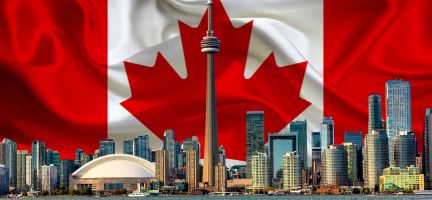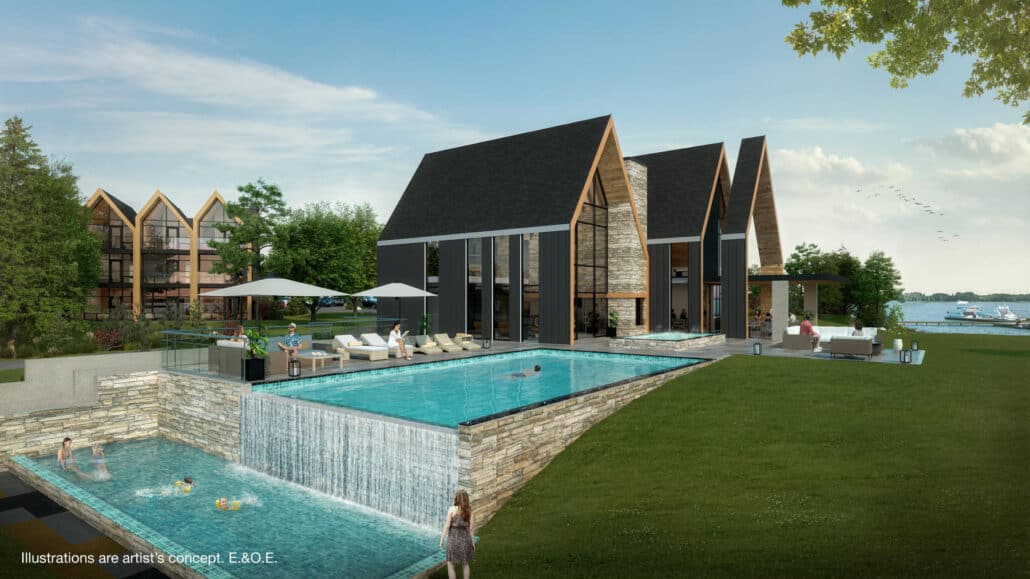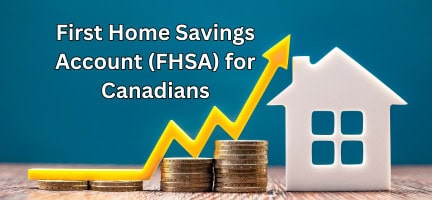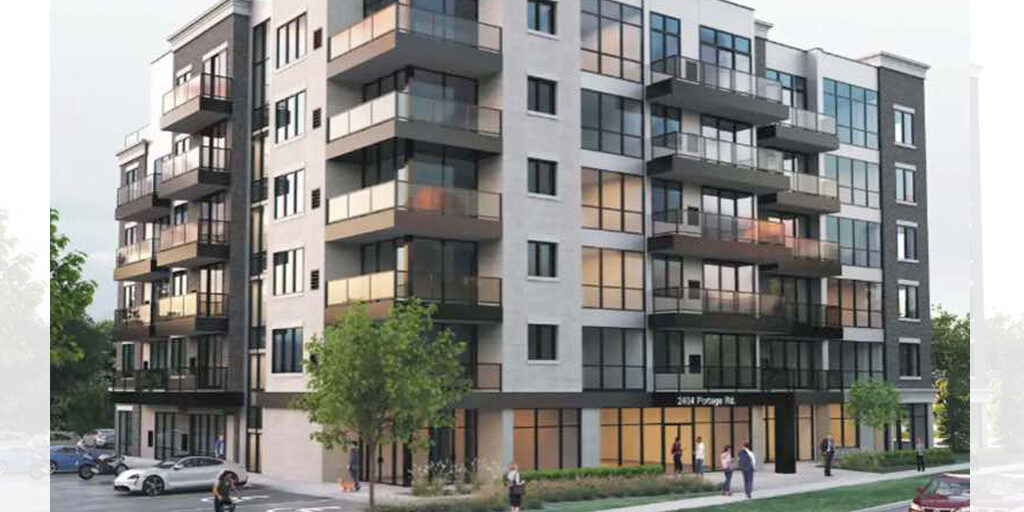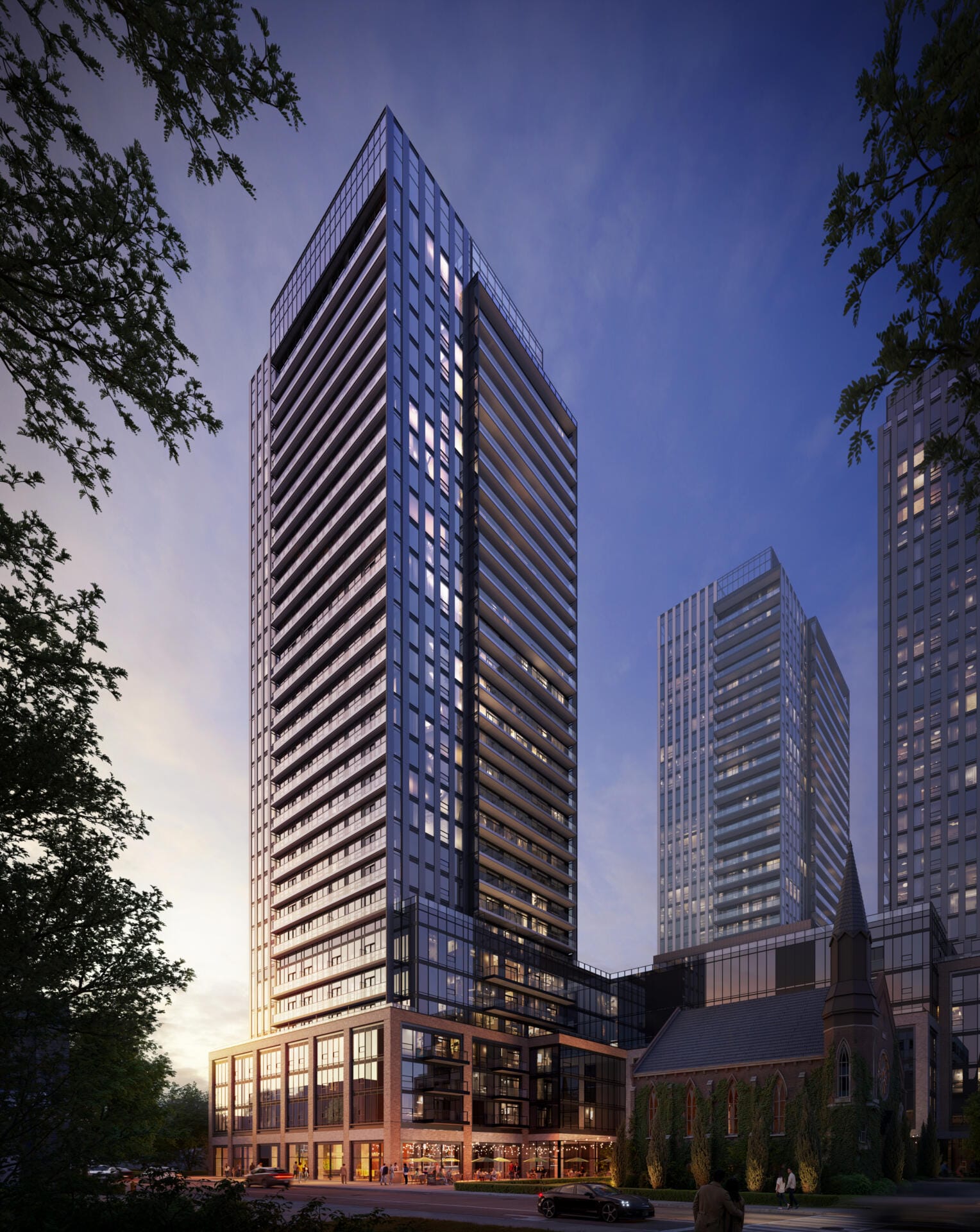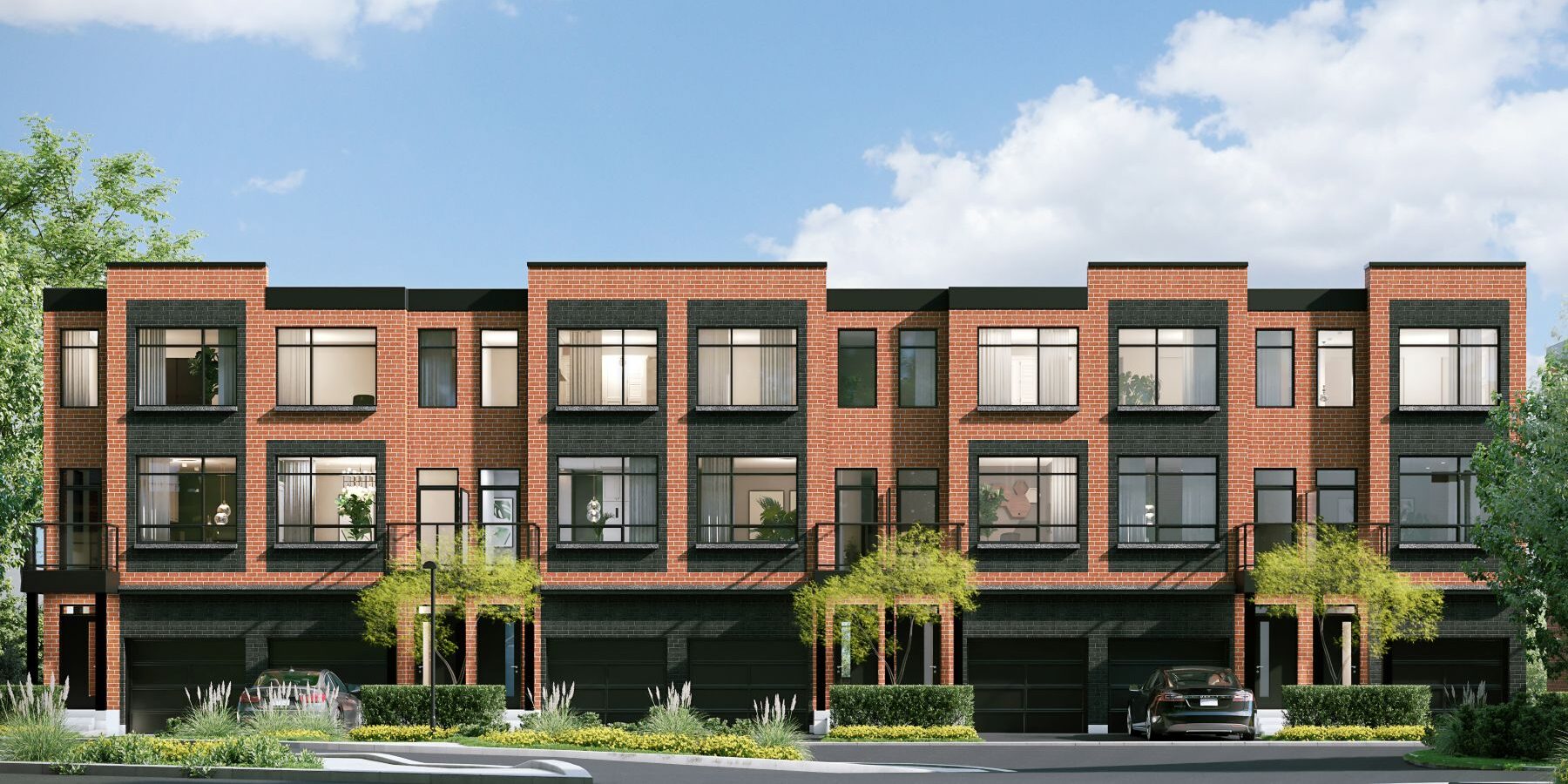Investing in real estate can be a lucrative way to build wealth, especially in a stable and growing market like Canada. However, not all properties are created equal, and it is important to choose the right one if you want to maximize your return on investment. In this article, we will explore the factors that make a good property for real estate investment in Canada, including neighbourhood, property taxes, schools, crime, job market, amenities, future development, number of listings and vacancies, average rents, and natural disasters. We will use realistic data, examples, and comparisons to provide a comprehensive analysis of the current Canadian real estate market in 2023.Click here for expert real estate investing tips for beginners in Canada in 2023
Neighbourhood: Location, Location, Location
The neighbourhood in which a property is location like areas in (Toronto , mississauga ) .can greatly affect its value and potential for return on investment. Factors such as proximity to public transportation, access to major highways, and nearby amenities such as shopping centers and parks can make a neighbourhood more desirable to potential renters or buyers. Additionally, it is important to consider the neighbourhood’s overall safety, cleanliness, and appeal.
For example, in Toronto, neighbourhoods such as Leslieville, High Park, and The Beaches have become increasingly popular due to their vibrant communities, access to public transportation, and proximity to downtown Toronto. These neighbourhoods have seen significant increases in property values and rental prices over the past few years.
Discover the top 12 real estate investment options in Canada for February 2023 – Click here.
Property Taxes: Don’t Get Caught Out
Property taxes are an important factor to consider when evaluating a potential real estate investment. High property taxes can significantly eat into your potential profits, so it is important to research the property tax rates in the area before making a purchase.
For example, in Vancouver, property taxes are notoriously high, with rates that can be double or triple those of other Canadian cities. In contrast, cities such as Edmonton and Winnipeg have much lower property tax rates, making them more appealing to real estate investors.
Click here to learn about the consequences of not paying property taxes on your home.
Schools: A Factor for Families
For real estate investors looking to attract families with children, the quality of nearby schools can be a critical factor. Properties located in areas with highly regarded schools are likely to be in higher demand, which can lead to increased rental rates and property values.
For example, in the Ottawa area, neighbourhoods such as Kanata and Barrhaven are popular among families due to their excellent schools and community amenities. Properties in these neighbourhoods are often in high demand, which can drive up rental rates and property values.
Crime: Safety First
The safety of a neighbourhood is an important factor to consider when evaluating a potential real estate investment. Properties located in areas with high crime rates may be more difficult to rent or resell, which can lower the potential return on investment.
For example, in Calgary, neighbourhoods such as Forest Lawn and Dover have higher crime rates than other areas of the city. Properties in these neighbourhoods may be more difficult to rent or sell, and may not provide as high of a return on investment as properties in safer areas.
Click here to learn about Canada’s safety and security as a country.
Job Market: Strong and Stable
The strength and stability of the local job market can have a significant impact on the demand for rental properties in the area. Cities with strong and growing job markets are likely to attract more renters, which can lead to higher rental rates and property values.
For example, in the Greater Toronto Area, the job market has remained strong and stable, with consistent growth in industries such as technology, finance, and healthcare. This has led to increased demand for rental properties in the area, which has driven up rental rates and property values.
Amenities: The More, The Merrier
Properties located in areas with a wide variety of amenities, such as shopping centers, restaurants, and parks, are likely to be more attractive to potential renters or buyers. The presence of amenities can also indicate that aneighbourhood is well-developed and desirable, which can lead to higher rental rates and property values.
For example, in Montreal, neighbourhoods such as Plateau-Mont-Royal and Rosemont-La Petite-Patrie are known for their vibrant communities and abundance of amenities. Properties in these neighbourhoods are often in high demand, which can lead to higher rental rates and property values.
Future Development: Invest in Growth
The potential for future development in a neighbourhood can also be an important factor to consider when evaluating a real estate investment. Properties located in areas that are expected to see significant growth and development in the coming years may have a higher potential for return on investment.
For example, in Vancouver, the city’s ongoing efforts to densify its urban core have created opportunities for real estate investors to invest in properties located in up-and-coming neighbourhoods such as Mount Pleasant and the West End. These neighbourhoods are expected to see significant growth and development in the coming years, which may lead to higher rental rates and property values.
Number of Listings and Vacancies: Supply and Demand
The number of listings and vacancies in a neighbourhood can also be a key factor to consider when evaluating a potential real estate investment. A high number of listings and vacancies can indicate that the neighbourhood is oversaturated with rental properties, which can lead to lower rental rates and property values.
For example, in Winnipeg, the city’s rental market has become increasingly competitive in recent years due to a growing supply of rental properties. This has led to lower rental rates and reduced potential for return on investment for real estate investors.
Average Rents: Know the Market
Understanding the average rental rates in a neighbourhood is important for real estate investors to accurately evaluate the potential return on investment. Properties located in areas with high rental rates may offer a higher potential for return on investment, while properties in areas with low rental rates may not provide as high of a return.
For example, in Halifax, the average monthly rent for a one-bedroom apartment is currently around $1,100, while the average monthly rent for a two-bedroom apartment is around $1,400. Real estate investors in Halifax may want to consider investing in properties that offer rental rates at or above these averages to maximize their potential return on investment.
Natural Disasters: Prepare for the Unexpected
Finally, it is important for real estate investors to consider the potential for natural disasters in a neighbourhood. Properties located in areas prone to natural disasters such as floods, wildfires, or earthquakes may be more risky investments, as they may be more difficult to insure and may require costly repairs in the event of a disaster.
For example, in Alberta, the province’s history of wildfires and floods has led to increased scrutiny of properties located in high-risk areas. Real estate investors may want to carefully evaluate the potential risk of natural disasters when considering a property investment like areas in (Toronto , mississauga )
Conclusion
In conclusion, there are many factors to consider when evaluating a potential real estate investment in Canada. By considering factors such as neighbourhood, property taxes, schools, crime, job market, amenities, future development, number of listings and vacancies, average rents, and natural disasters, real estate investors can make informed decisions and maximize their potential return on investment. With the right research and analysis, real estate can be a profitable and rewarding investment opportunity in Canada.
Contact our experts for personalized advise and real estate investment planning in the GTA. Call 416-878-0749 or Register here.

